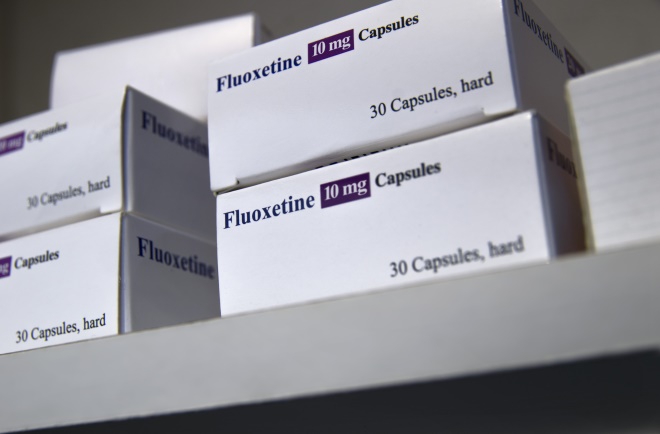
Source: Shutterstock.com
People who stop taking antidepressants after two years or more of use are more likely to experience a relapse of depression within one year, compared to those who continue taking their medication, study results suggest.
Researchers enrolled 478 adults aged between 18 and 74 years who were being treated at one of 150 general practices across the UK. All of the participants had a history of at least two depressive episodes or had been taking antidepressants for two years or longer. All felt well enough to consider stopping antidepressants.
Participants included in the study were receiving conventional doses of the three most commonly prescribed antidepressants in the UK: citalopram, sertraline and fluoxetine. Mirtazapine was also included among the trial drugs because of its increasing use in the UK, but patients taking other doses of the eligible medications or other antidepressants were excluded from the trial.
In the randomised study, published in the New England Journal of Medicine on 30 September 2021, the participants were randomly assigned in a 1:1 ratio to either maintain their current antidepressant therapy or to taper and discontinue their therapy with the use of a matching placebo.
During the first month, participants in the discontinuation group received their medication at half their regular dose; in the second month, they received half-dose antidepressants and placebo on alternate days; and, in the third month, they received placebo only.
At 52 weeks of follow-up, relapse had occurred in 39% of the patients in the maintenance group and 56% of patients in the discontinuation group (hazard ratio 2.06; 95% confidence interval, 1.56 to 2.70; P<0.001).
Overall, patients in the discontinuation group had more symptoms of depression, anxiety and withdrawal compared to those in the maintenance group.
Lead author Gemma Lewis, a lecturer at University College London, said: “Until now, we didn’t know whether antidepressant treatment was still effective when someone has been taking them for many years.”
She added: “Our findings add to evidence that for many patients, long-term treatment is appropriate, but we also found that many people were able to effectively stop taking their medication when it was tapered over two months.
“As 44% of those who discontinued their antidepressants did not relapse after a full year, our findings suggest that some patients might decide to stop their antidepressant, knowing the risk of relapse, but we recommend discussing this with your doctor.”
Guidance from the National Institute for Health and Care Excellence says that stopping an antidepressant should only be considered in patients with depression who have been in remission for at least six months, and longer for those at higher risk of relapse.
David Taylor, director of pharmacy and pathology at the Maudsley Hospital and professor of psychopharmacology at King’s College London, said the study suggested that antidepressants were effective at preventing relapse, but there were other factors to consider.
“The speed and nature of antidepressant discontinuation is known to have a major effect on risk of relapse, and this alone might explain the differences observed — patients were withdrawn over two months using a coarse linear dose reduction schedule, which included alternate day dosing (even with short-acting drugs).”
Taylor added that it was also possible that the use of antidepressants may sensitise people to future episodes of depression.
“The overall conclusion is that people taking antidepressants for more than two years and who are well have a >50% chance of relapse if the antidepressant is withdrawn over two months using alternate day dosing,” he added.
“Longer, hyperbolic and more individualised withdrawal regimens might reduce the risk of relapse.”
- This article was amended on 4 October 2021 to correct David Taylor’s job title


